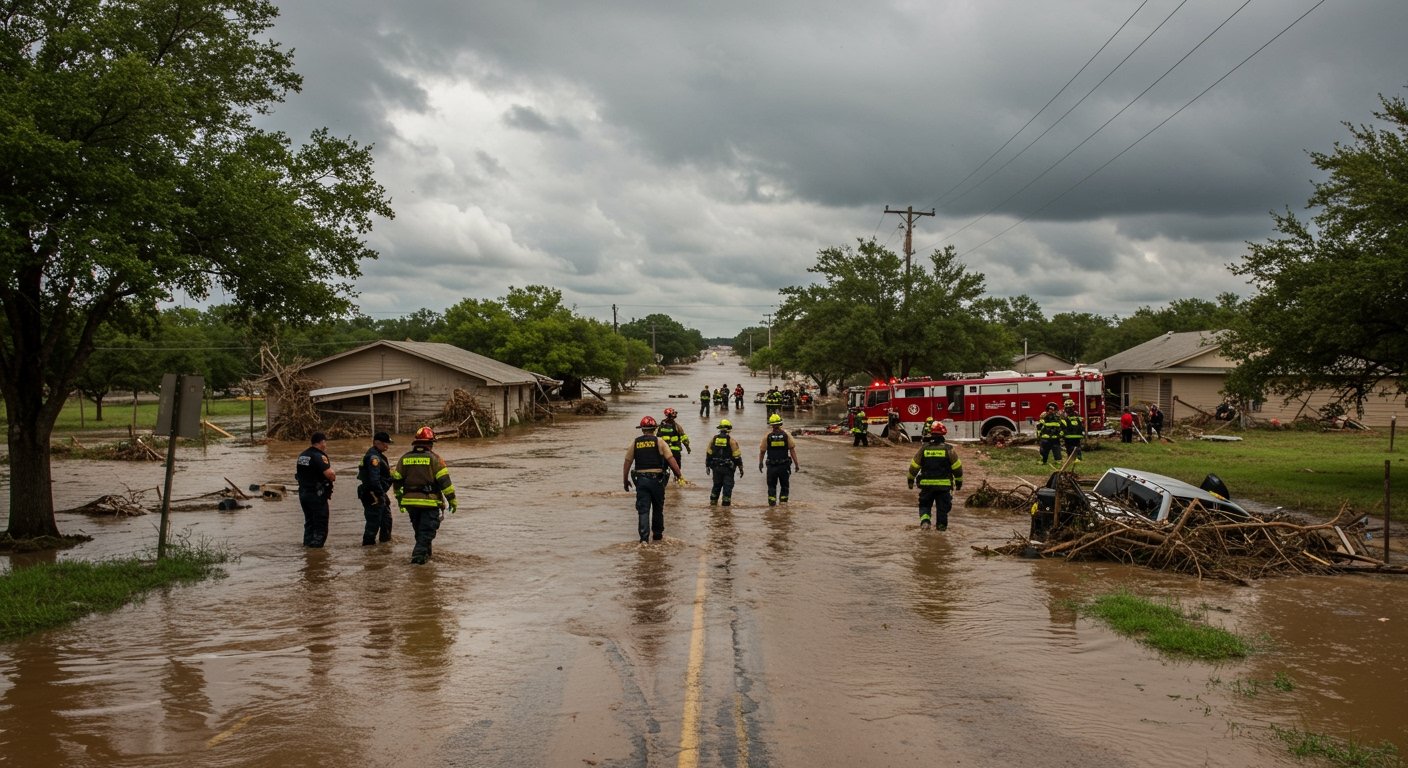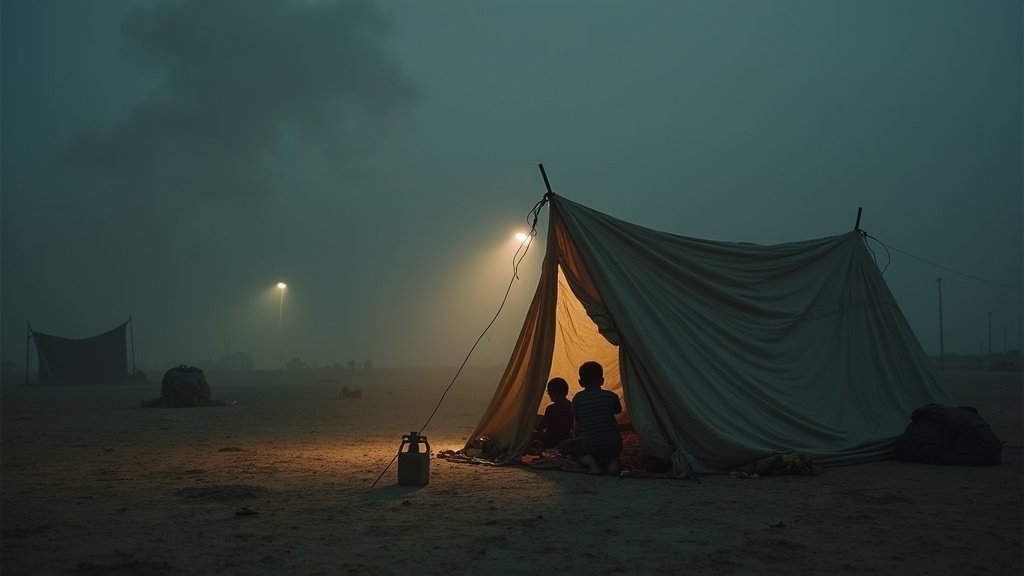GAZA STRIP — Renewed and intensified Israeli military operations across the Gaza Strip following the recent cessation of a temporary ceasefire have resulted in a dramatic surge in Palestinian casualties and a deepening humanitarian crisis. The offensive, which commenced after Israel unilaterally ended a ceasefire on Tuesday, has involved extensive bombardment by land, air, and sea for a third consecutive day.
Renewed Military Operations and Mounting Casualties
Israeli forces have reinvaded parts of the Gaza Strip, establishing control over key areas, including the Netzarim Corridor. This strategic stretch of territory effectively divides the Palestinian enclave. The military actions have been accompanied by a significant increase in fatalities among the civilian population.
According to figures released by Gaza’s Health Ministry, the renewed attacks have led to the deaths of 710 Palestinians in the days since the ceasefire concluded. This grim tally includes at least 95 individuals killed on March 20 alone. Among the recorded fatalities is a newborn baby, highlighting the indiscriminate impact on the population. In addition to the deaths, the ministry reported that approximately 900 Palestinians have been injured during this period, with a significant proportion being children and women.
Deepening Humanitarian Crisis
The ongoing military operations exacerbate an already dire humanitarian situation in the besieged territory. Medical facilities are struggling to cope with the influx of wounded, and severe shortages of essential medical equipment are contributing to fatalities among those injured.
These shortages are a direct consequence of Israel’s total blockade of Gaza, which has been strictly enforced since March 2. The blockade restricts the entry of vital supplies, including medical provisions, fuel, and other necessary goods, critically undermining the healthcare system’s capacity.
Amidst the intensified military pressure, Israeli aircraft dropped leaflets over several areas on Wednesday, March 20. These included Beit Lahia and Beit Hanoun in northern Gaza, as well as parts of Khan Younis in the south. The leaflets contained instructions for residents to evacuate their homes. For many Gazans, this represents yet another forced displacement, having already been uprooted multiple times since the conflict began.
International Condemnation and UN Incident
The escalating violence has drawn condemnation from international bodies. The United Nations specifically condemned the killing of one of its workers and the injury of five others in an Israeli airstrike on Wednesday, March 20. The strike hit a UN building located in Deir al-Balah.
UN Secretary-General António Guterres addressed the incident, calling for a full investigation into the circumstances surrounding the attack on the UN facility and the resulting casualties among its staff. The incident underscores the significant risks faced by humanitarian workers attempting to provide aid and support within the conflict zone.
Pursuing Legal Accountability
In response to the mounting civilian death toll and alleged violations of international law, an international legal coalition has been established. Named the International Centre of Justice for Palestinians, this group has announced its intention to pursue legal action against Israeli dual nationals for alleged war crimes committed in Gaza.
The coalition aims to utilize both domestic and international legal frameworks to hold individuals accountable for actions during the conflict. This development signals an increased focus on legal avenues for redress and accountability amidst the ongoing violence.
The days following the end of the ceasefire have seen a rapid deterioration of conditions in the Gaza Strip, marked by increased military activity, a soaring death toll, severe humanitarian challenges compounded by the blockade, and incidents affecting international organizations. As the situation evolves, international scrutiny remains focused on the actions of all parties involved and the urgent need for protection of civilians and humanitarian access.









